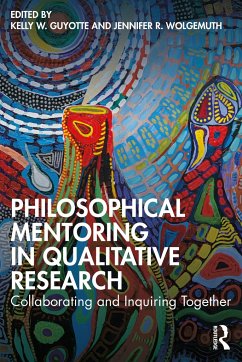
Practice Theory and Research
Exploring the dynamics of social life
Herausgegeben: Spaargaren, Gert; Weenink, Don; Lamers, Machiel
Versandkostenfrei!
Versandfertig in 6-10 Tagen
47,99 €
inkl. MwSt.
Weitere Ausgaben:

PAYBACK Punkte
24 °P sammeln!
There has been an upsurge in scholarship concerned with theories of social practices in various fields including sociology, geography and management studies. This book provides a systematic introduction and overview of recent formulations of practice theory organised around three important themes: the importance of analysing the role of the non-human alongside the human; the reflexive nature of social science research; and the dynamics of social change. Combining a rich variety of detailed empirical research examples with discussion of the relevance of practice theories for policy and social c...
There has been an upsurge in scholarship concerned with theories of social practices in various fields including sociology, geography and management studies. This book provides a systematic introduction and overview of recent formulations of practice theory organised around three important themes: the importance of analysing the role of the non-human alongside the human; the reflexive nature of social science research; and the dynamics of social change. Combining a rich variety of detailed empirical research examples with discussion of the relevance of practice theories for policy and social change, this book represents an excellent sourcebook for all academic and professional researchers interested in working with practice theory.














